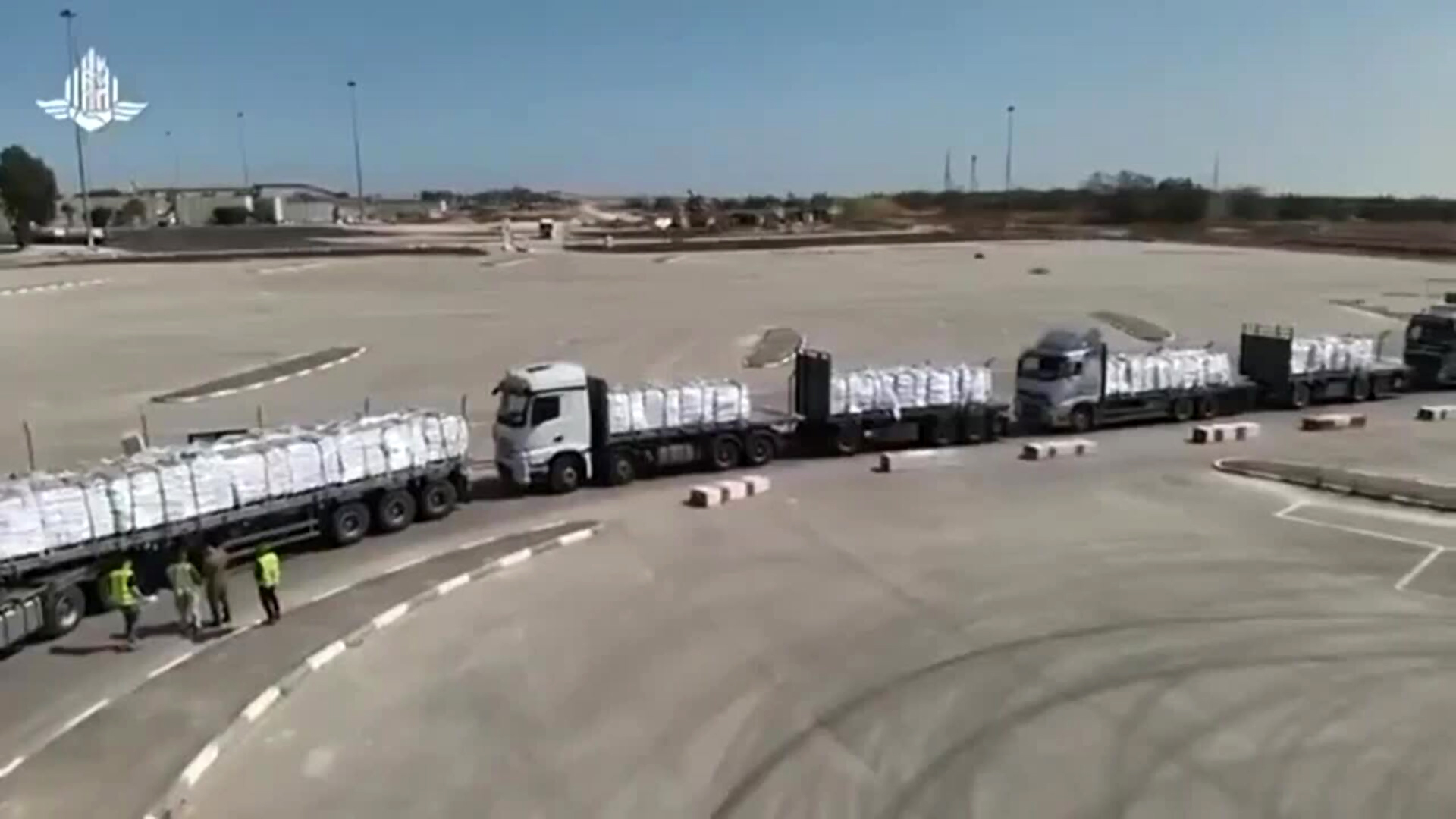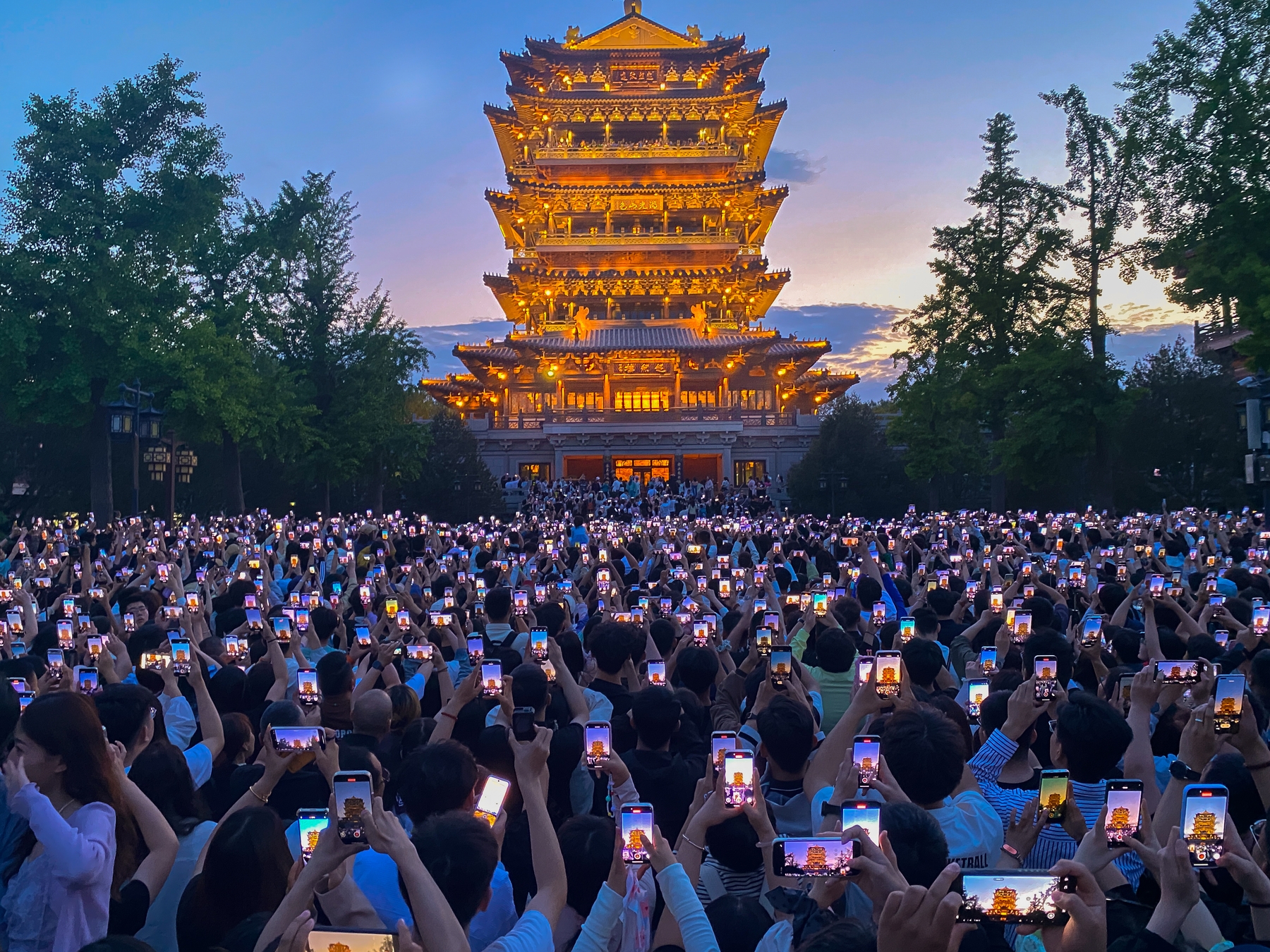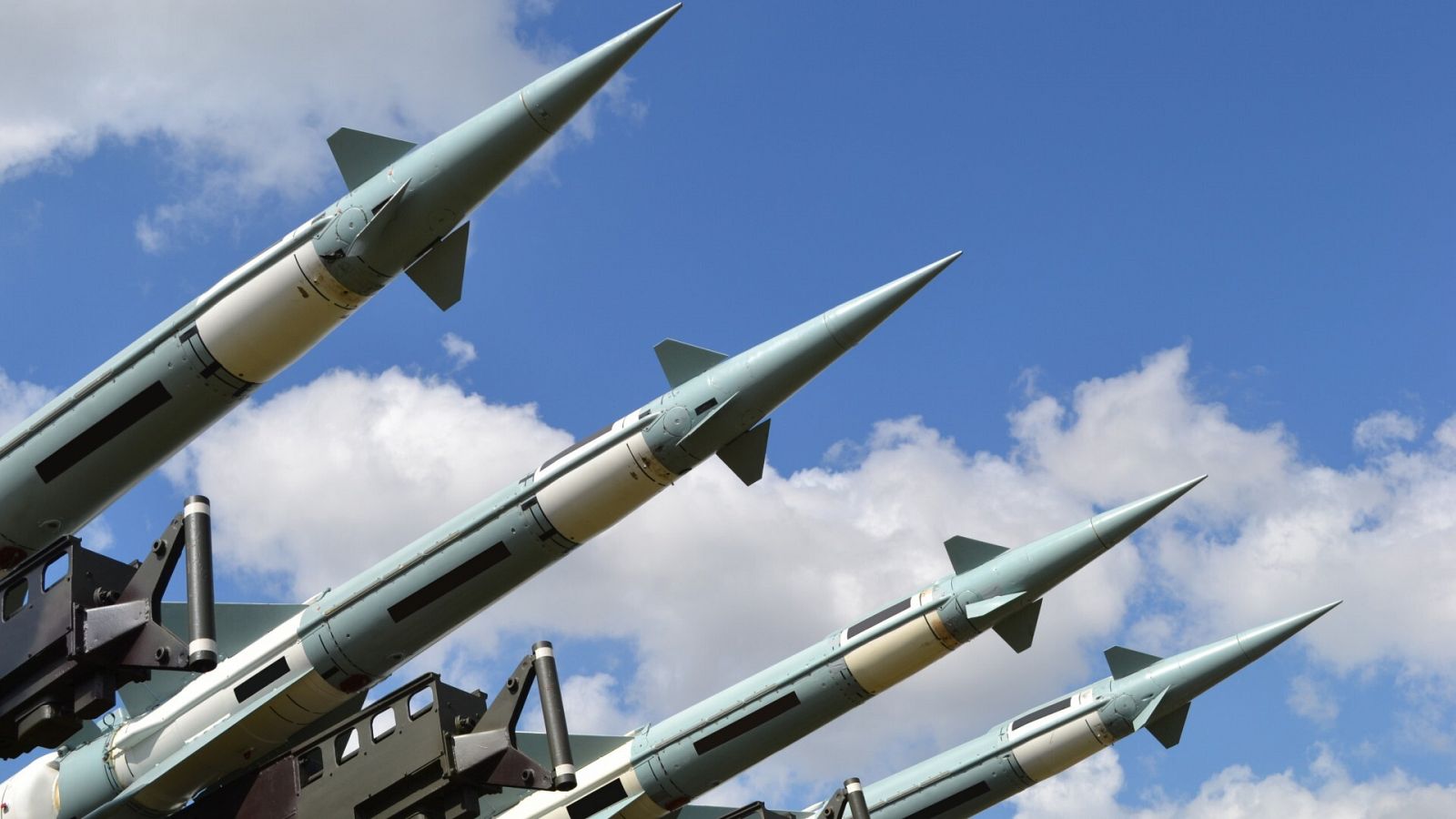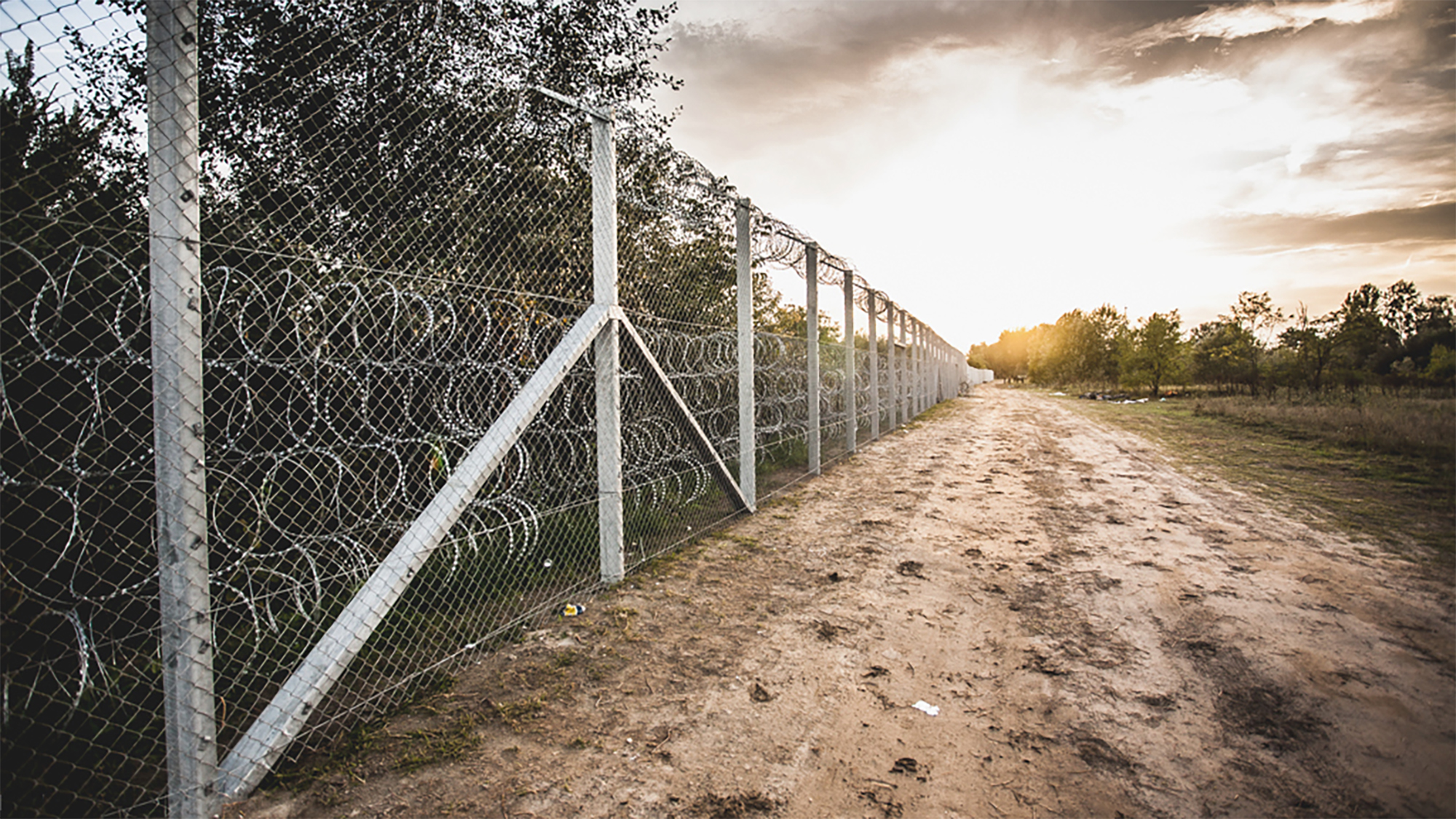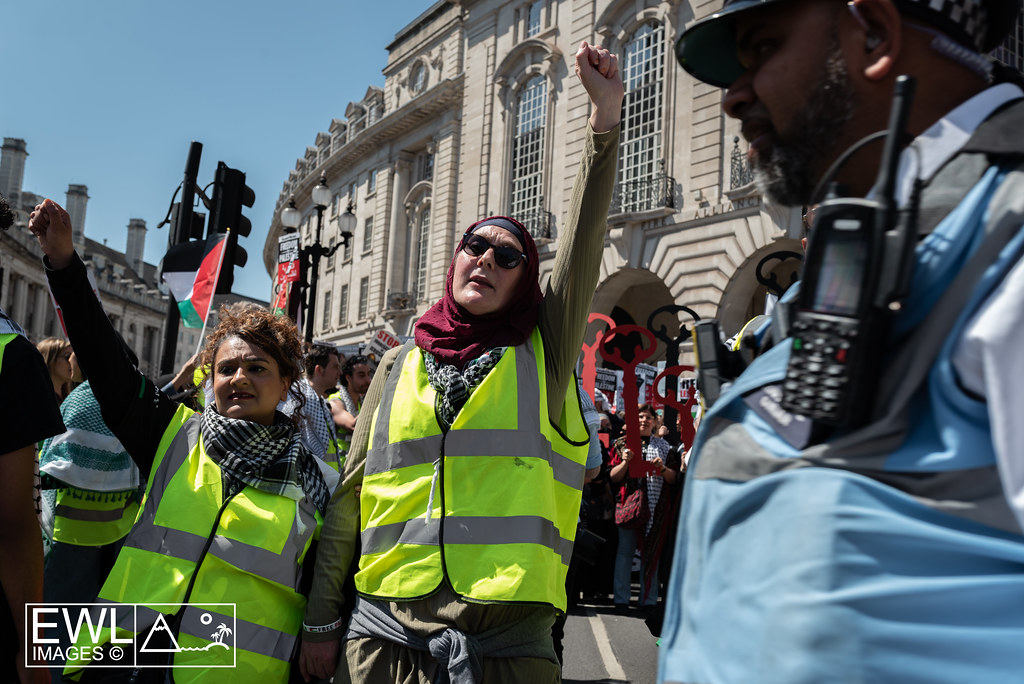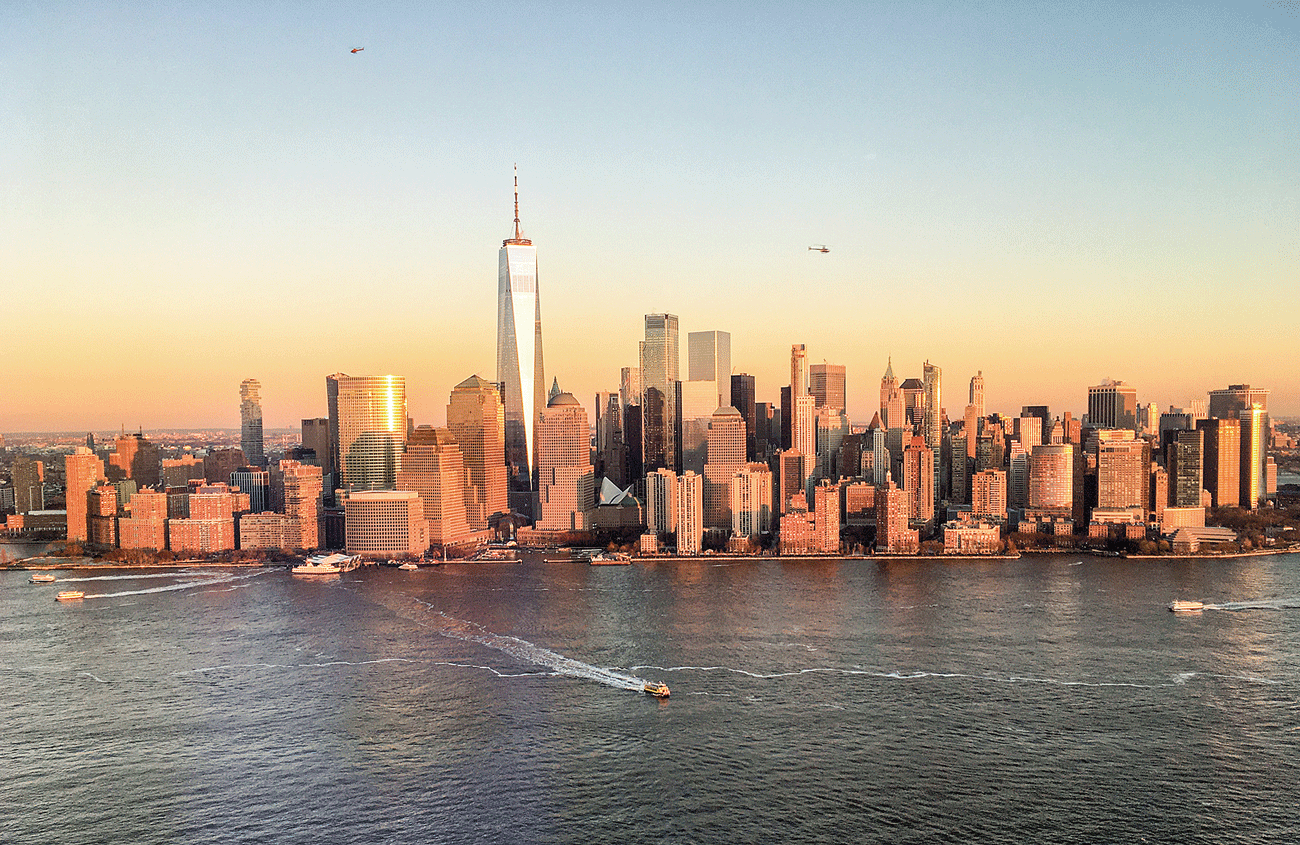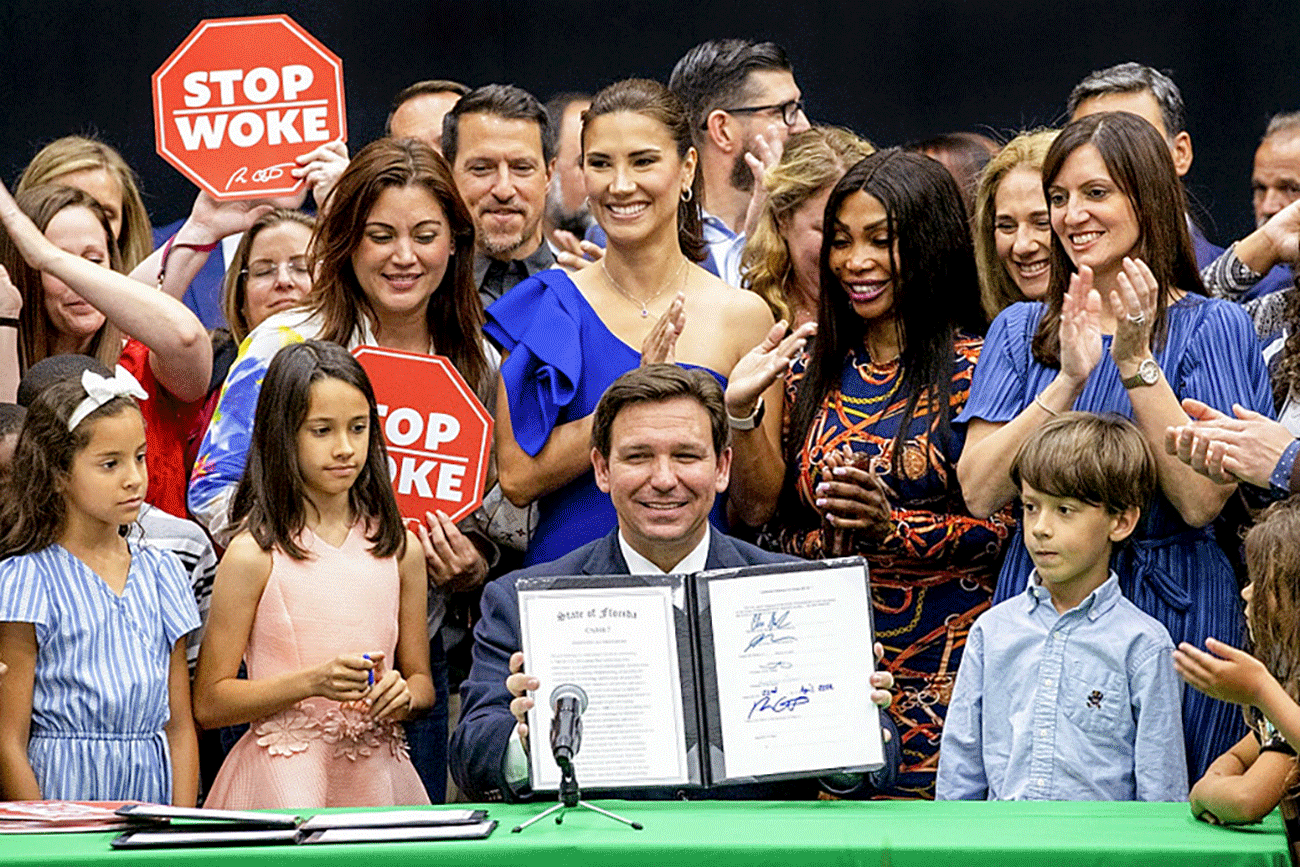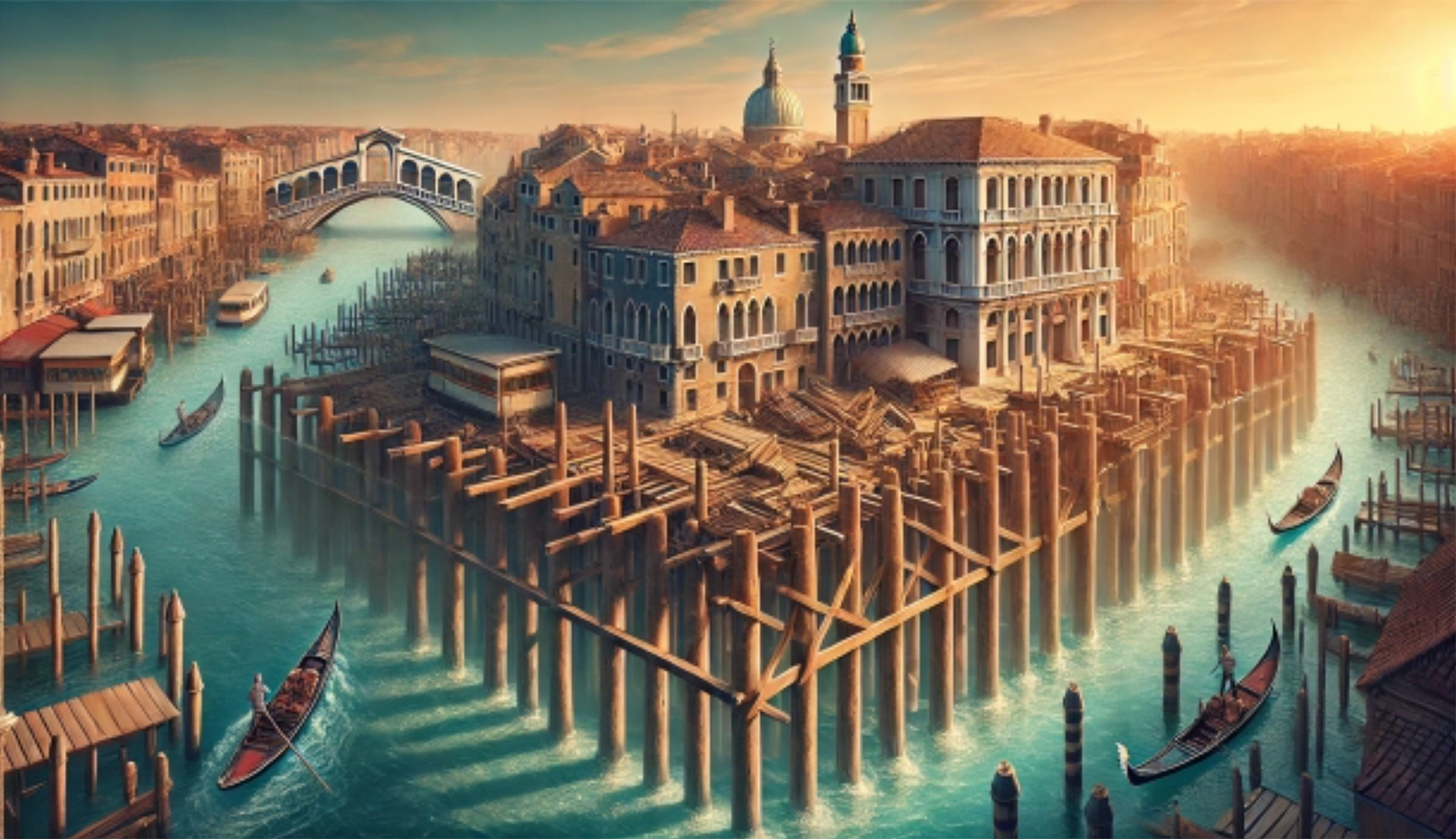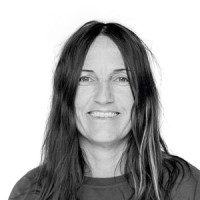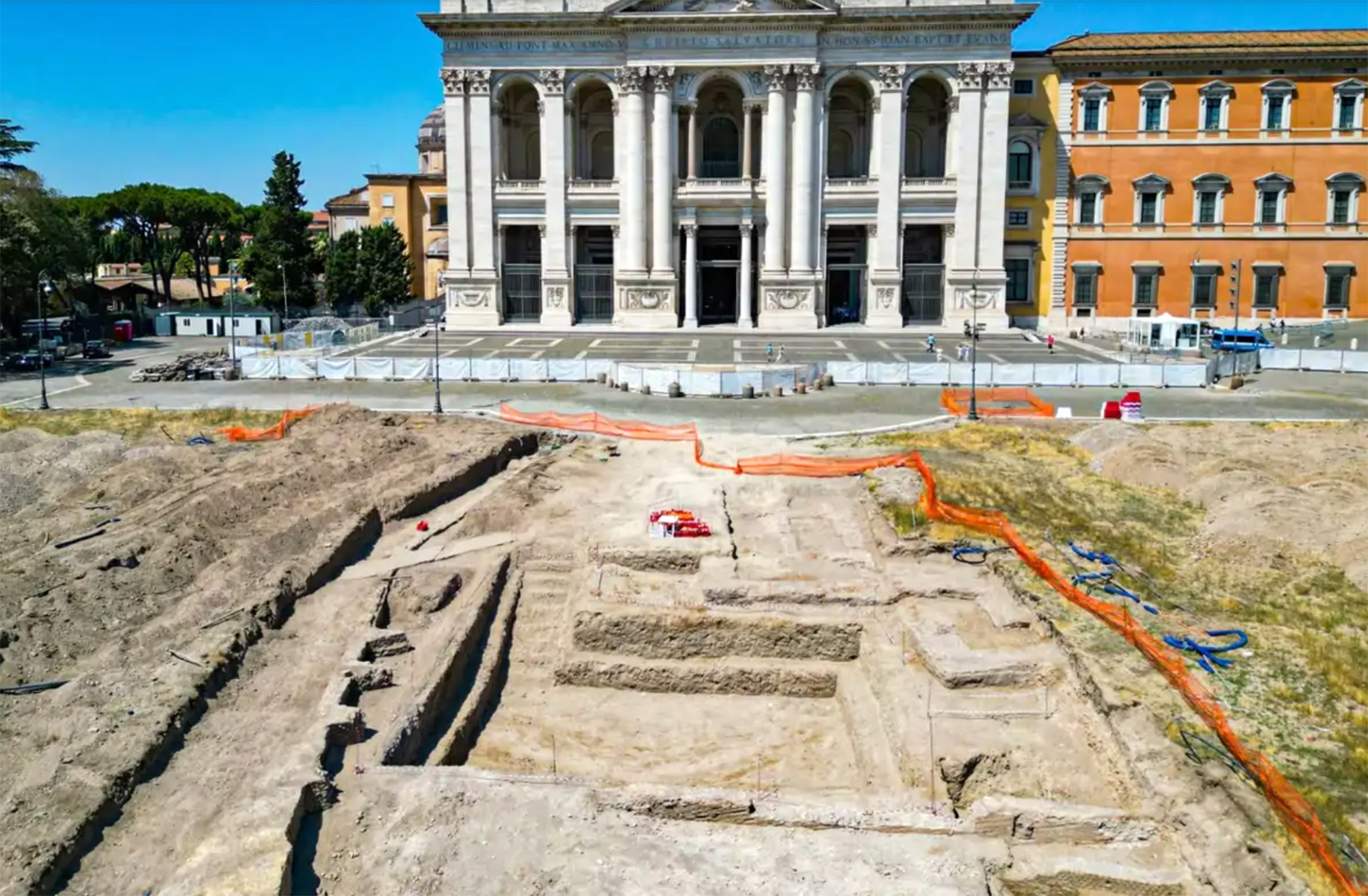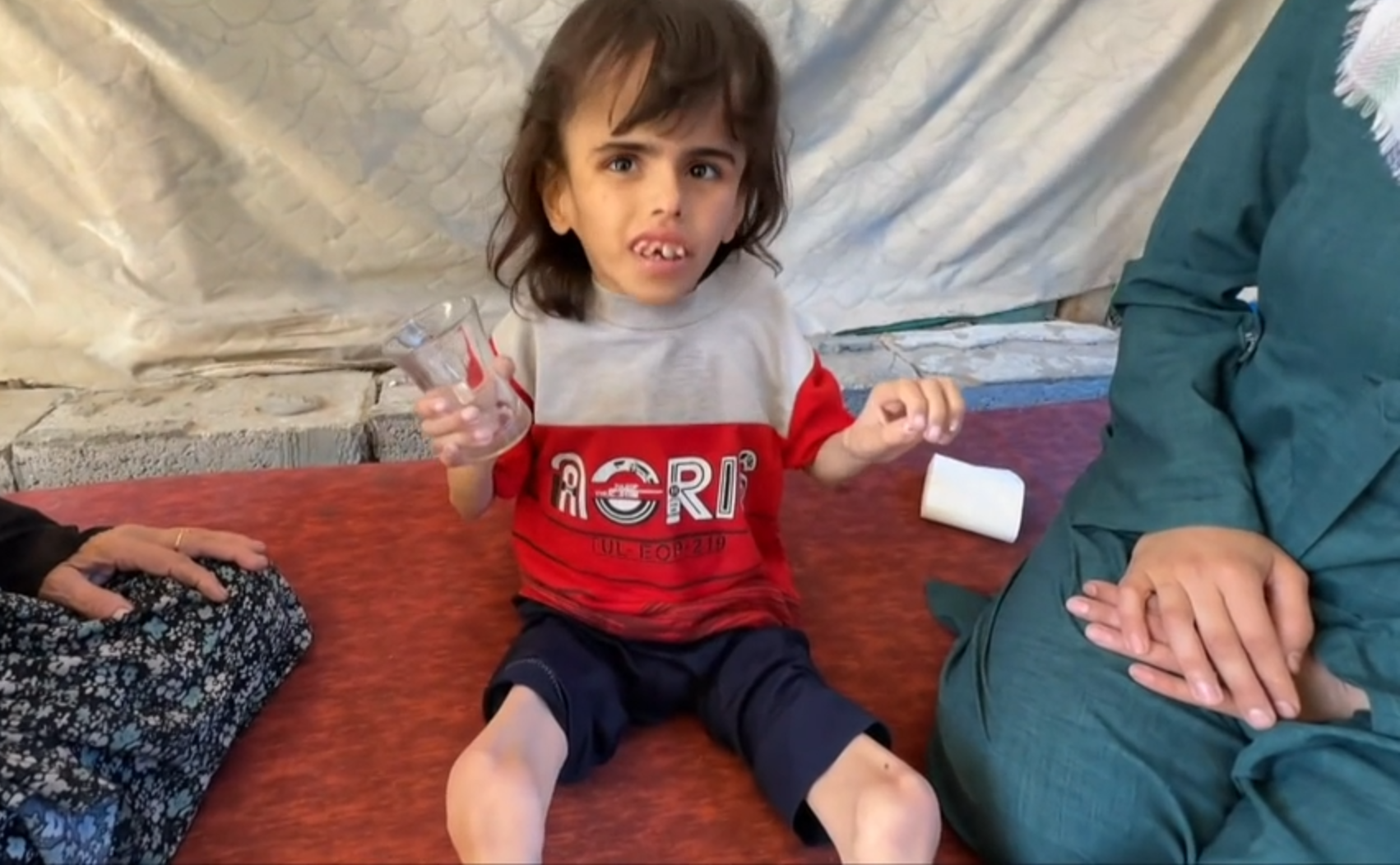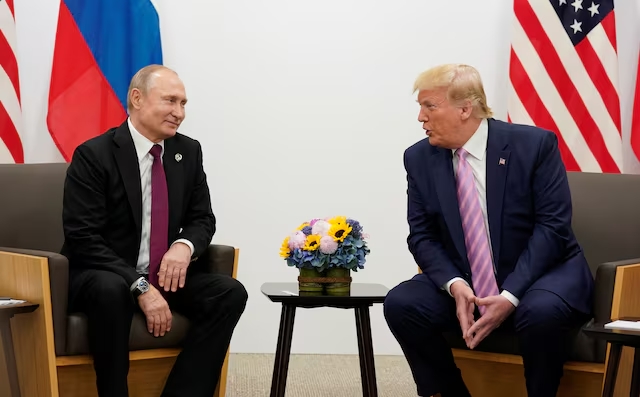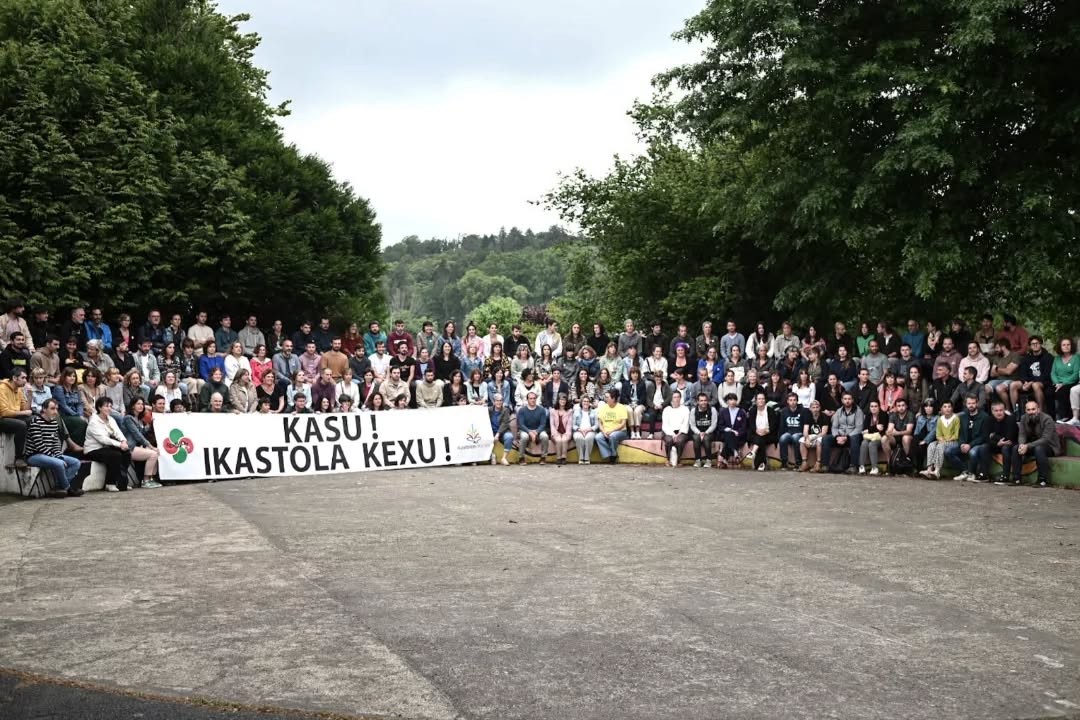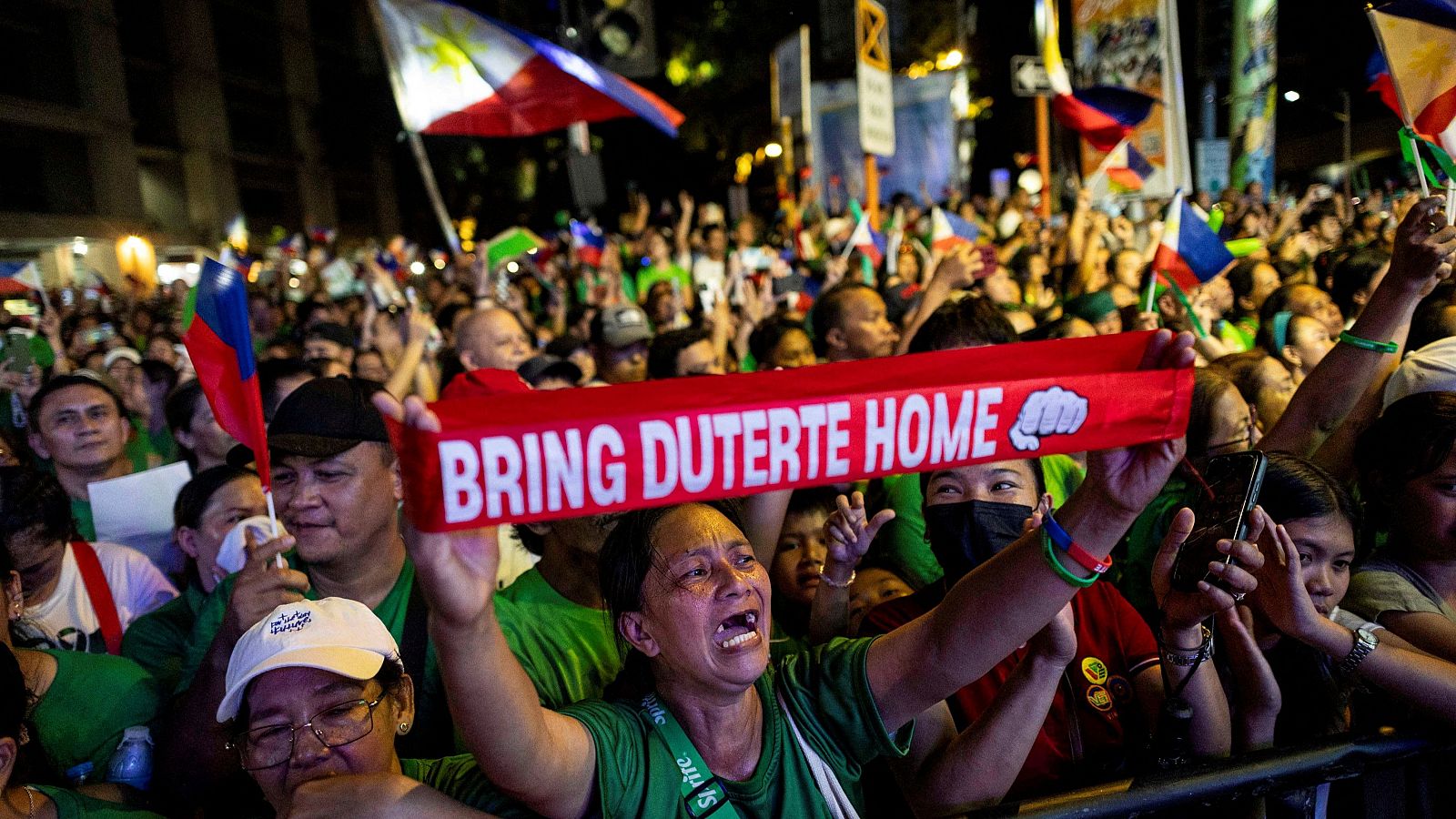Turkey earthquake reveals the consequences of 'low cost' urbanism
- The earthquake caused by the failure of Anatolia in Kurdistan, Turkey and Syria has crumbled thousands of homes and has highlighted the corruption between the government of Recep Tayyip Erdogan and the construction sector. But also the weakness of an emerging model in the world, based on real estate speculation and labor slavery, a cheap urbanism at the service of capital.
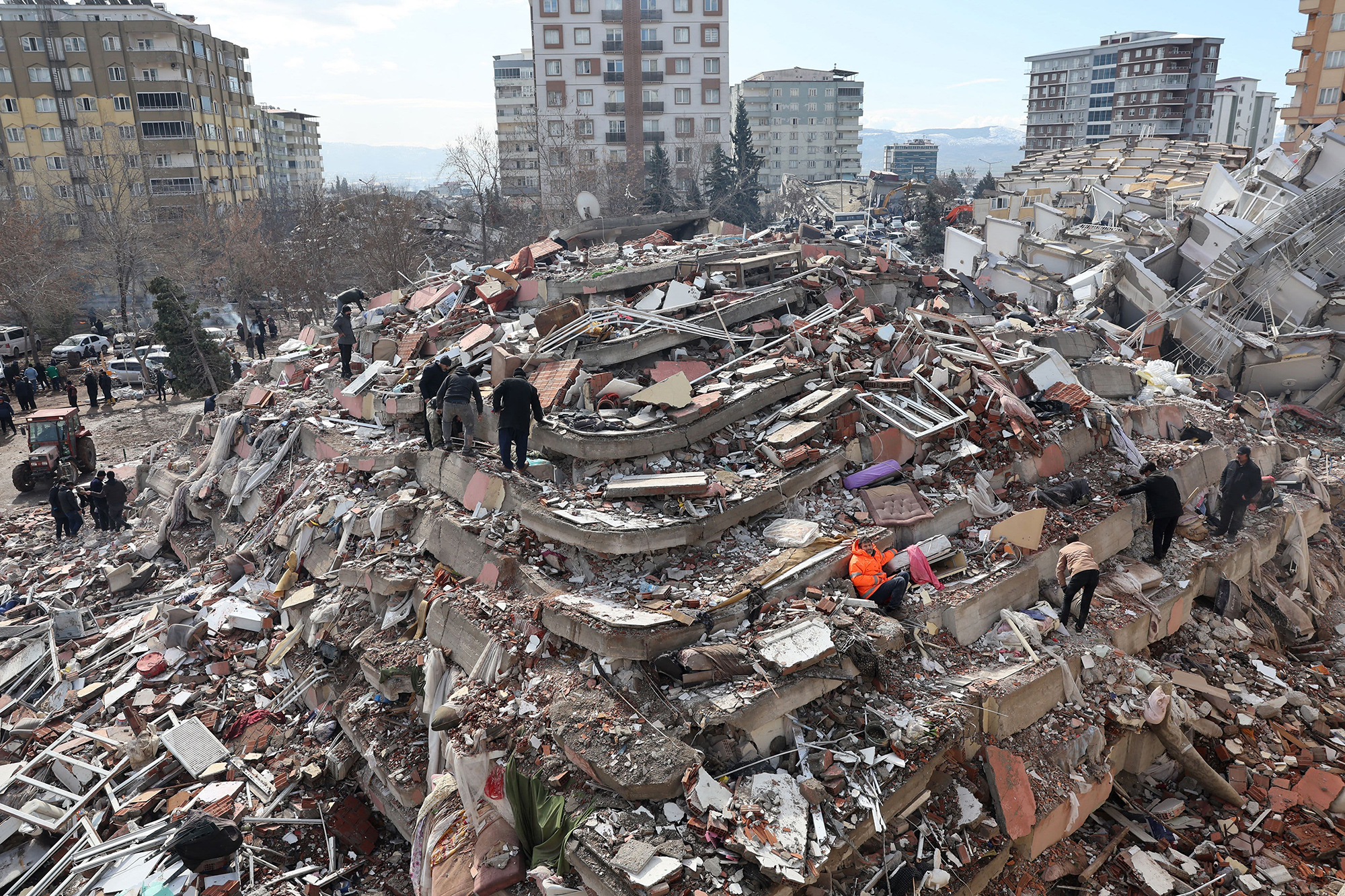
Turkish public television TRT launched the news a week after a deadly earthquake occurred on 6 February: the police arrested construction inspector Nazmi Tosun, who was in turn the representative of Emre Apartment, one of the thousands of urbanizations abandoned when the terrain cracked. By then, the government of Recep Tayyip Erdogan had arrested other contractors and, according to the public chain, followed 33 people from the construction sector. It was later learned that the police had prepared a list of more than 113 people in the construction sector.
In Kurdistan, on the border between Turkey and Syria, an earthquake of magnitude 7.5 on the Richter scale, known by Turkish Westerners as Giziantep, near the city of Dîlo, has buried thousands of people between brick and concrete. If we take into account the official sources in Turkey, at the time we are writing these lines there are at least 41,000 deaths, but surely that figure will be higher when the reader receives this weekly. In Syria we will never know the extent of the disaster.
The President of Turkey wants to conceal his serious responsibilities in building policies, where threats against citizens and arrests of contractors must be placed.
As the debris and the days go by, the anger and complaints of the citizens have increased, due to the slowness of the Turkish Government in sending the aid, even the location of a large area affected by the earthquake in Kurdistan has had to do with this attitude of preventing rescues in certain places, denounced by various Kurdish media. But the indignation has only widened with the view of the time when many fallen buildings were built, their state, and how the Turkish government has in general managed the issue of urbanism in such a violent seismic area. The consequence is increasingly clear: it was not an accident, thousands of deaths could be avoided.
Correspondents Tom Bateman and Laura Gozi from the British BBC have been the first to open this management doubt. “For many years, experts warn that many new buildings in Turkey are unsafe due to endemic corruption and government policies,” journalists say. As they have explained, these policies have meant that the Turkish Government has not seen and contractors are failing to comply with the earthquake rules: “Thousands of buildings have collapsed with the earthquake and the question has arisen as to whether the natural disaster has increased the hands of man.”
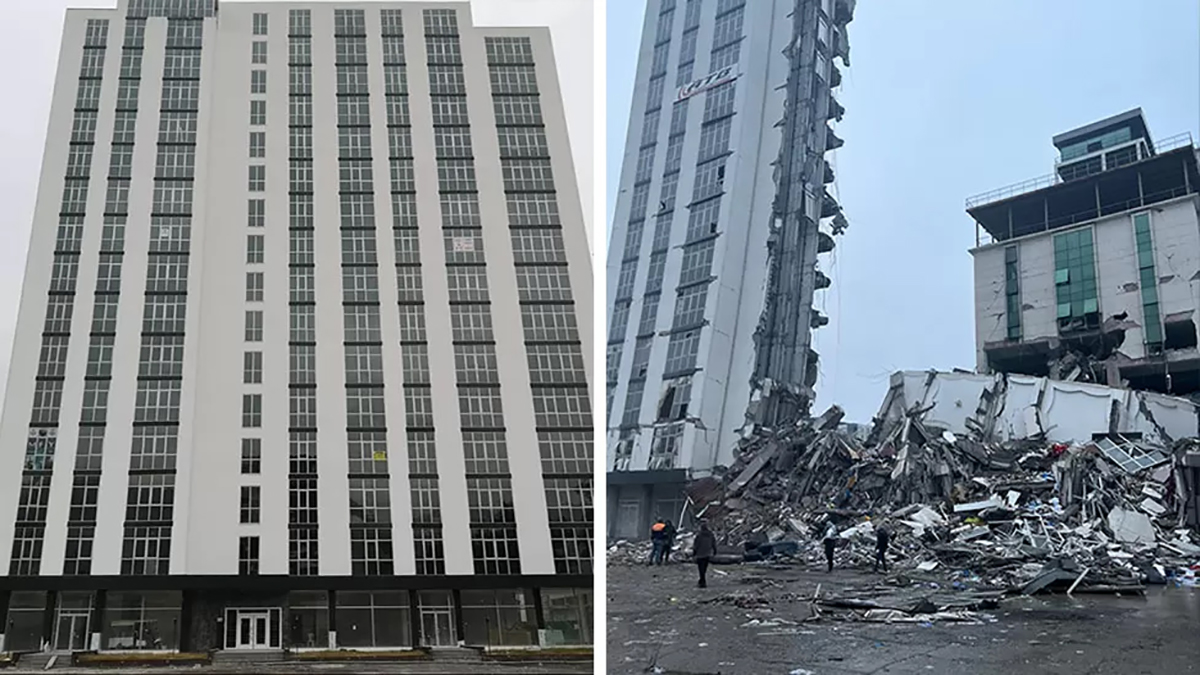
The BBC also offers graphic tests on its website, Turkey earthquake: Why did so many buildings collapse? (“Turkey earthquake: Why have so many buildings been produced?”) under the head. You can see, for example, two photographs of a large tower in the city of Iskenderun, the one on the right fully crushed, the one on the left completely new, as it opened in 2019. The BBC has found that both are the same building and that the one on the left was a publicity campaign by the construction company to ensure strict compliance with the regulations.
Izmit 1999: rules and amnesties
Anti-earthquake urban planning became more acute in 1999 after the earthquake in the city of Izmit, near Istanbul. Then 17,000 people died and President Süleyman Demirel lost the elections. They also created a special tax for safer buildings. But in the foams of the urban bubble, and discouraging the recommendations of geologists and architects, many of the homes built from Turkey have not complied with these standards, many others have been “amnestied” and nobody knows what has happened with the money from this tax.
Anyone who wants to understand the port now in Erdoga can read the article of Turkey: what hides the earthquake (“Turkey: what hides the earthquake”), written by the Navarre historian Manuel Martorell, an expert in the Middle East. Martorell remembers that three years ago two million homes were admitted by amnesty: “To avoid punishment, the owners had to contribute a sum and the building was kept.” Half of the Turkish buildings fail to comply with the regulations, including one third of those built in power erdogan during the twenty years. According to the president of the College of Engineers, Cemal Gokce, only millions of homes in Istanbul are in this situation.
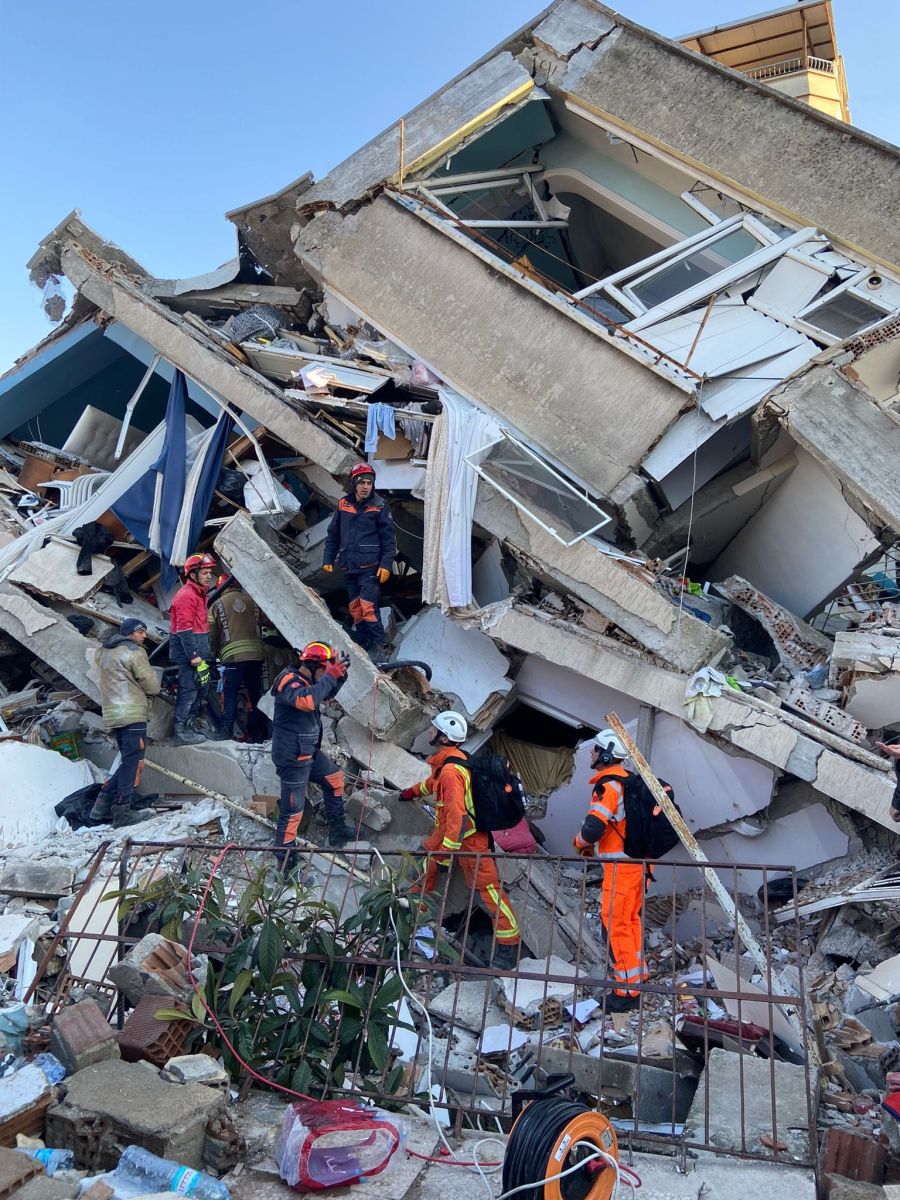
“He now wants to conceal his serious responsibilities with his building policies and, as usual, is taking steps to bring the greatest political profitability out of this tragedy,” said the historian. There is the need to control social networks, threats against citizens who have filed their complaint, and the arrests of contractors: “Erdogan knows that the management of this crisis can sink his political project that has been built for two decades, as happened in the earthquake of 1999. It is therefore not absurd to delay elections in order to avoid political disaster.”
Export of cheap urban planning
Besides presiding over a tough presidential regime, Erdogan has focused his development in Turkey on the expansion of cheap urbanism and has acquired the loyalty of the building elites. These elites, in fact, have been looking abroad for some time: 40 of the world’s 250 largest contracting companies are Turks, according to data from the prestigious weekly The Economist.
Turkey has based its internal development on the expansion of cheap urbanism, and now the building elites are oriented outward, especially to Africa.
Turkey has put its hand above all in Africa, taking advantage of its geostrategic position. According to the weekly Turkish builders are thriving in Africa (“Turkish builders have won in Africa”), in Africa it is difficult to compete with Chinese investors, so it has exported a low cost construction model based on speed and local cheap labor. Sample fairs in Equatorial Guinea and the Democratic Republic of the Congo, airports in Guinea Bissaun, Niger and Sierra Leone… are countless. But surely Turkey has the most ambitious project in Senegal.
What does Turkey take to Dakar?
On the occasion of the 2022 World Cup of Football in Qatar, the disagreements between construction workers are known. Not so much those in Dakar. Just 30 kilometres from the Senegalese capital, the city of Diamniadio is emerging out of nowhere using similar forms. They say that to alleviate the “congestion” of Dakar, also called Lake City, because it is close to a large lake, it will have a financial center with many skyscrapers, university campus and an industrial park, as well as homes for 350,000 people. In total, the futuristic city will cost $2 billion and is expected to be completed by 2035.
.jpg)
Last year the Abdoulaye Wade Olympic Stadium was launched, a sports facility with cutting-edge technologies and capacity for 50,000 people. The Tayyip Erdogan himself was the special guest at the opening ceremony, not in vain the building has been built entirely by the powerful Turkish multinational Summa. The international airport and many other infrastructures are being built by Turkish companies. Senegalese President Macky Sall stresses that his relationship with Turkey is “as honest as it is rich.” But as Joseba Tapia would sing, what does Turkey take to Dakar?
Tayyip attended the inauguration of the new Olympic stadium in Erdogan Dakar,
not in vain the building was built entirely by the Turkish multinational Summa
The journalist Marie Flamand, in La Vanguardia, has taught us the conditions under which migrants from Sierra Leone, Nigeria and Guinea are building Diamniadio, staying in the worst cottages torn by the police, taking three-hour walks to go to work, seven-day working weeks and charging only a few dollars a day. The French agency AFP has had interviews and photographs of ten workers for the report “Diamniadio, the new city of Senegal that rises under conditions of “slavery”. “We are screamed and glued every day,” says Ibrahim, a 26-year-old photojournalist, who has used pseudonyms. And if the worker returns the annoying blow… “Clear. So when you get stuck, you can't do anything, but silence and keep working."
.jpg)
The capitalist economy feeds on construction and better if it is cheap. It does not matter whether the citizen buries bricks or drains workers. Turkey has become a ruthless disciple in this mission and has extended its arms both in Africa and in Asia, even closer… We have recently learned that Lima, the Turkish multinational, will reshape a European cathedral admired by so many people: the Camp Nou stadium in Barcelona.
Berria izateari utzi dio: beroketa globalak bi graduak gaindituko ditu, eta gainditze horrek ondorio oso garestiak ditu. Klimaren gaia tabu bilakatzen ari den testuinguru berri honetan, banketxe handiek ez dute horri buruz komunikatzen, baina arazoaz ongi jabetu dira eta... [+]
Wokismoari begiratu beharrean antiwokismoari so jarri gara. Antiwokistek sorturiko multzoa delako wokismoa, eta antiwokismorik ez balego ez legokeelako wokismorik. Multzo eklektiko horri begiratu, eta laster ohartzen gara eskuin muturrak hastio duen guzia barnebiltzen duela:... [+]
Pond of Venice, year 452. Prompted by the Huns' invasion, several inhabitants of the interior of the Italian peninsula took temporary refuge in the swampy area. But the Lombard invasions came in a few years, and it would become a permanent home for those immigrants. It was a... [+]
I have had days of visits, experiences and reflections. There I am, trying to make intersectionality a reality, trying to connect struggles, trying to say all the points as bertsolaris, without pounding...
From the community radio station LoRa where I work, we organized a round... [+]
During a routine excavation in the Piazza San Giovanni in Laterano in Rome, archaeologists carried out the IX-XIII. They unexpectedly found the remains of a palace dating back to the centuries. And they think it could be the residence of the popes of the time. In other words,... [+]
Between January and May 2015, after finishing my studies at the age of 25, my friend Irati Astobieta and I toured Chile, Argentina and Uruguay as part of the Calabazan Wandering Project. Using the poetic tool of whispered poetry, we gave Basque poems from mouth to ear in the... [+]











